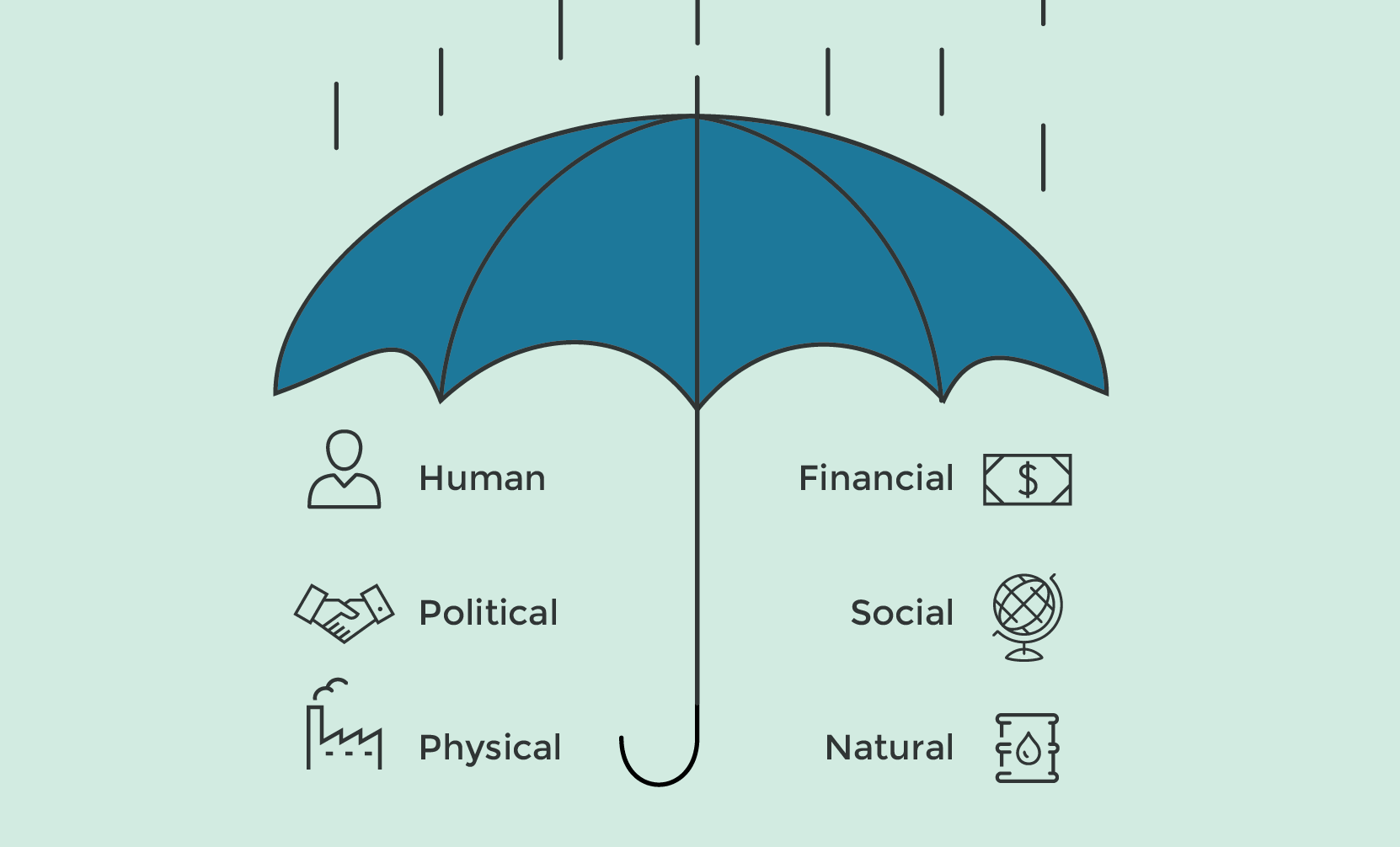D&C Days Preview: Building Resilient Businesses
Edward Cameron
This weekend many of the world’s leading experts on climate resilience will gather at Development and Climate (D&C) Days at COP22 in Marrakesh. Now in its fourteenth year, D&C days provide stakeholders from across the globe with an opportunity to explore routes to climate justice through low-carbon, climate-resilient economies.
The We Mean Business coalition is proud to be the first private-sector facing network to co-organize D&C days because we realize that resilient businesses require resilient communities and ecosystems and all three are essential to building a resilient world.
The private sector has been engaged in the mitigation agenda for some time. The We Mean Business action framework currently boasts more than one thousand commitments to climate action from close to six hundred businesses and investors.
The vast majority of these commitments aim to reduce greenhouse gas emissions through complementary measures on renewable energy, energy efficiency, science-based targets, and ending deforestation. There are also commitment areas dealing with carbon pricing, disclosure and responsible corporate engagement in climate policy. The time is now ripe for global business to be far more ambitious on resilience in three ways:
- By acting to enhance resilience inside core operations, across the supply chain and in frontline communities. Business can and does contribute to resilience in vulnerable communities by investing in infrastructure, providing livelihoods, training workers, and by securing transport and logistics routes.
- By enabling resilience through the provisions of innovations, goods and services that enhance adaptive capacity. So-called “solutions sectors” such as financial services and information & communications technologies have a particular value in enabling resilience through access to financial services and information.
- By influencing public policy frameworks designed to shape resilience. Public money alone will be insufficient to manage the unavoidable impacts of climate change and leveraging private sector capital will be crucial. It is equally clear that intersecting inequalities within societies exacerbates vulnerability. The private sector needs to be a critical partner in mobilizing investments at scale and building more inclusive economies and this means a seat at the policy table.
To be effective in acting, enabling and influencing resilience, the private sector needs to do more to understand climate risk and resilience. Research conducted by BSR reveals that although many companies understand their exposure to climate-induced physical hazards, few have deep understanding of vulnerability – the underlying social, cultural, economic and political weaknesses that complete the three dimensions of climate risk.
As a result companies have often protected core operations while neglecting the supply chain. Or they have worked to climate-proof infrastructure and facilities while failing to adequately account for the communities that supply the workforce.
The good news is that this is beginning to change. More and more companies are learning about the six capital assets – physical, natural, social, human, financial, and political – that are essential elements of resilience. They are thinking about how their unique expertise can enhance these assets.
Social media companies are looking at their unique ability to build social capital through their global captive audience. Financial services companies are designing financial vehicles to channel more investments towards adaptation project pipelines, exploring ways to broaden access to financial products to vulnerable and marginalized communities.
We now need to quicken the pace of learning and build a structured dialogue between the public and private sectors to deepen collaboration on resilience. The Paris Agreement is strong on goals and process but now is the time to bring these to life. The We Mean Business coalition has some ideas on how to do this:
- Recognize, through the global stocktake, the role the private sector already plays in strengthening resilience.
- Strengthen institutional arrangements within the United Nations Framework Convention on Climate Change to deepen private sector involvement in the resilience agenda. In particular, actionable dialogues to identify challenges and barriers to private sector leadership will help to resolve them in partnership with governments. The Technical Examination Process on Adaptation is critical. It needs to lead to specific policy changes.
- Involve the private sector in the formulation, implementation, and assessment of national adaptation plans. Vulnerability is often driven by local conditions. Companies and their supply chains can have substantial impact at the community level, and consequently public-private partnership in securing resilience is vital.
- Include the private sector in the 2017 Adaptation Committee review of adaptation-related institutional arrangements to ensure greater consistency between public and private efforts to build resilience.
Together we can build resilient businesses in a resilient world.

